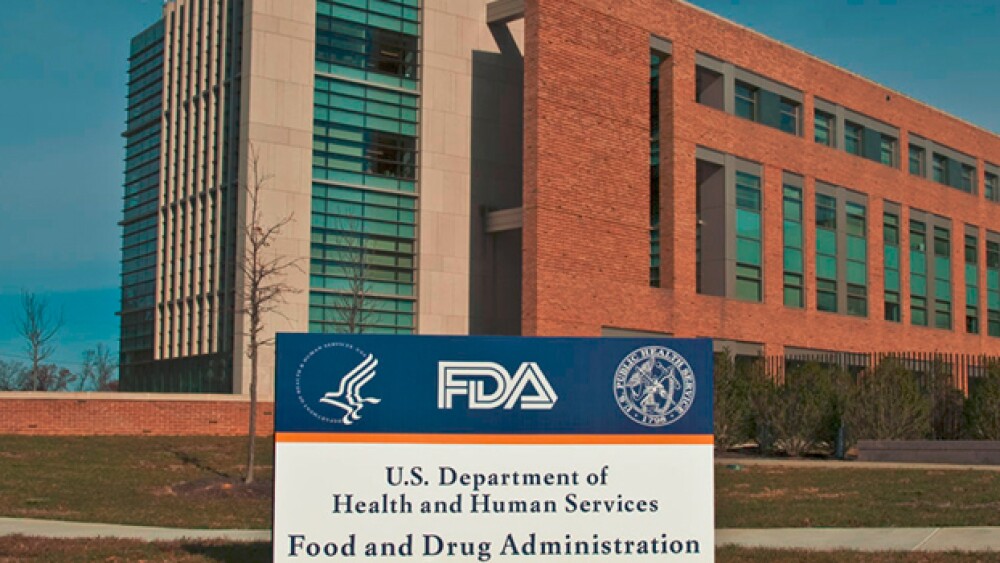In a new draft guidance released Thursday, the U.S. Food and Drug Administration is questioning whether or not the use of a placebo in a double-blind, randomized clinical trial is always necessary.
In a new draft guidance released Thursday, the U.S. Food and Drug Administration (FDA) is questioning whether or not the use of a placebo in a double-blind, randomized clinical trial is always necessary.
The FDA said sometimes the use of a placebo can present practical or ethical concerns in double-blind, randomized trials conducted in development programs for drugs products for the treatment of malignant hematologic and oncologic disease. In its three-page draft guidance, which was first reported by RAPS, the FDA said that because of the toxicity profile of the active treatment, patients and investigators can infer which treatment is being received during a trial. Because of that, the use of a placebo control “may not, in fact, blind the treatment,” the FDA said.
“For patients with hematologic malignancies and oncologic diseases that have standard effective therapy available, use of a placebo (not an active treatment) poses ethical issues. If possible, an active control is often preferred over placebo, and one option has been to conduct an open-label trial with a physician’s choice of one of a few standard therapies as the comparator. Another option has been to compare the investigational drug product to placebo, with each added to the standard of care,” the FDA noted in the draft guidance.
Not only that, but the FDA said the continued blinding of patients and investigators at the time of disease progression or occurrence of serious adverse events presents additional challenges. As an example, the FDA said in an immunotherapy trial, a patient on the control arm who develops adverse events may receive unnecessary treatments, such as immunosuppressive drugs because the adverse events have been “incorrectly attributed to the investigational drug product.” Continuing with a blinded trial after disease progression could also affect subsequent patient therapy. That could prevent a patient on the placebo arm from receiving an approved therapy, or prevent a patient from entering another approved trial, the FDA said.
Unblinding these kinds of trials would allow informed decision making when it comes to additional treatment, the FDA said.
Because of this, the FDA is recommending in its draft guidance that trial sponsors use a placebo-controlled design only in select circumstances, which could include where surveillance is standard of care, or if the trial uses an add-on design “when the endpoint intended to support a labeling claim has a high degree of subjectivity, such as patient-reported outcomes.”
The FDA said when considering a placebo for a clinical trial, sponsors should provide a rationale for the trial design. The FDA noted that it also does not require “patient-level maintenance of blinding” at the time of a disease recurrence or progression.
“Unless there are no available appropriate treatment alternatives, FDA recommends unblinding a patient at the time of documented disease recurrence or progression to ensure optimal patient management,” the agency said in its draft guidance.





